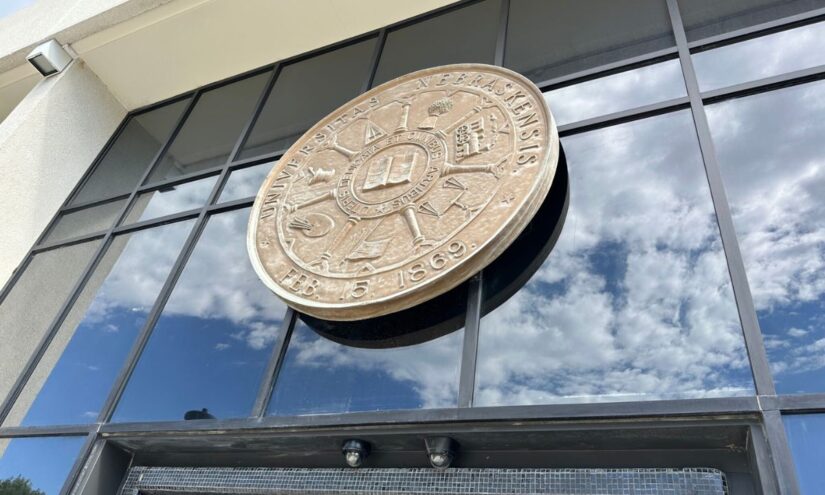During this summer, a team of students from MIT embarked on a journey to the sou …
Senators Aim to Abolish Professor Tenure and State Inheritance Tax
Emma Wordsmith

On a snowy Monday at the State Capitol, 37 proposals were introduced, including bills to eliminate tenure for university professors and Nebraska’s inheritance tax.
State Sen. Loren Lippincott of Central City introduced the tenure bill, stating that higher education lacks accountability because of tenure. He believes tenure protects poorly performing professors and those who do not allow room for disagreements with their beliefs.
The bill calls for tenure to be replaced by “employee agreements” that require annual performance reviews and procedures for dismissal for cause, program discontinuance, and financial exigency. The University of Nebraska system is reviewing the proposal.
There are concerns that eliminating tenure could impact faculty recruitment and retention.
‘Woke ideology’
Lippincott argues that “woke ideology” is being pushed at the University of Nebraska campuses. He believes tax-paying citizens deserve an education that does not indoctrinate with leftist ideology.
Lippincott’s Legislative Bill 1064 has 11 co-sponsors.
Bills to end or restrict tenure have been introduced in other states, such as Texas, North Dakota, Florida, and Iowa.
‘Double tax’
Elmwood Sen. Rob Clements introduced LB 1067 to eliminate Nebraska’s inheritance tax by 2028. The state is one of only five that impose a “death tax.”
Clements argues that the inheritance tax amounts to a “double tax” and encourages retirees to move out of the state. Immediate relatives currently pay a 1% inheritance tax on property received exceeding $100,000, while remote relatives face a higher tax rate.
Some argue that the inheritance tax helps finance capital improvement projects in Nebraska counties and that its elimination could lead to an increase in property taxes.
Incentives for teachers
Fremont Sen. Lynne Walz introduced two bills to address Nebraska’s teacher shortage. LB 1052 would provide teachers with up to $300 per year for classroom supplies. LB 1053 would offer retention grants of $2,500 a year for veteran teachers who choose not to retire.
Walz believes that these incentives will help attract and retain teachers, especially new teachers who often have to buy their own supplies. The state’s teacher shortage is partly attributed to experienced teachers leaving the profession.


